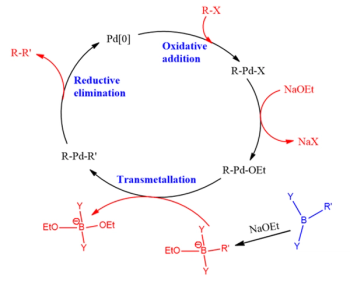
- The Column-04-09-2019
- Volume 15
- Issue 4
Restek and LECO Expand Collaboration
Restek Corporation and LECO have agreed an expanded collaboration that will allow LECO customers access to a core set of Restek consumables.
Restek Corporation and LECO have agreed an expanded collaboration that will allow LECO customers access to a core set of Restek consumables. The deal will see a streamlining of customer setups offering the convenience of a combined package.
LECO customers will be able to purchase consumables directly with their instrument, said Lorne Fell, Separation Science Product Manager at LECO. “We understand the importance of reliable consumables for accurate results and know that Restek products provide the utmost quality and ISO 9001 certification. We’re excited to partner with them on this venture,” he added.
“LECO has been a strong partner for Restek for a number of years, and we are very pleased to further strengthen and expand our relationship globally,” said Becky Wittrig, Restek VP of Sales.
For more information about LECO Corporation, please visit www.leco.com, and for more information about Restek Corporation, please visit
Articles in this issue
almost 7 years ago
Vol 15 No 4 The Column April 2019 Europe & Asia PDFalmost 7 years ago
Vol 15 No 4 The Column April 2019 North American PDFalmost 7 years ago
The Role of Chromatography in Entomotoxicologyalmost 7 years ago
House of Lords Calls on UK Government to Secure Science Fundingalmost 7 years ago
Shimadzu Employees Plant Many Treesalmost 7 years ago
The Rise of the Robotsalmost 7 years ago
Tips & Tricks GPC/SEC: Column Issues with Light Scattering DetectorsNewsletter
Join the global community of analytical scientists who trust LCGC for insights on the latest techniques, trends, and expert solutions in chromatography.




